
Weird But Educational → The Wright English Blog
Weekly Series
Vocabulary Showcase - Mondays
Business Builder - Tuesdays
What The Fluff Wednesday - Wednesdays
GCSE and A-Level Goblin - Thursdays
Gateway to Grammar - Fridays
Blog Topics
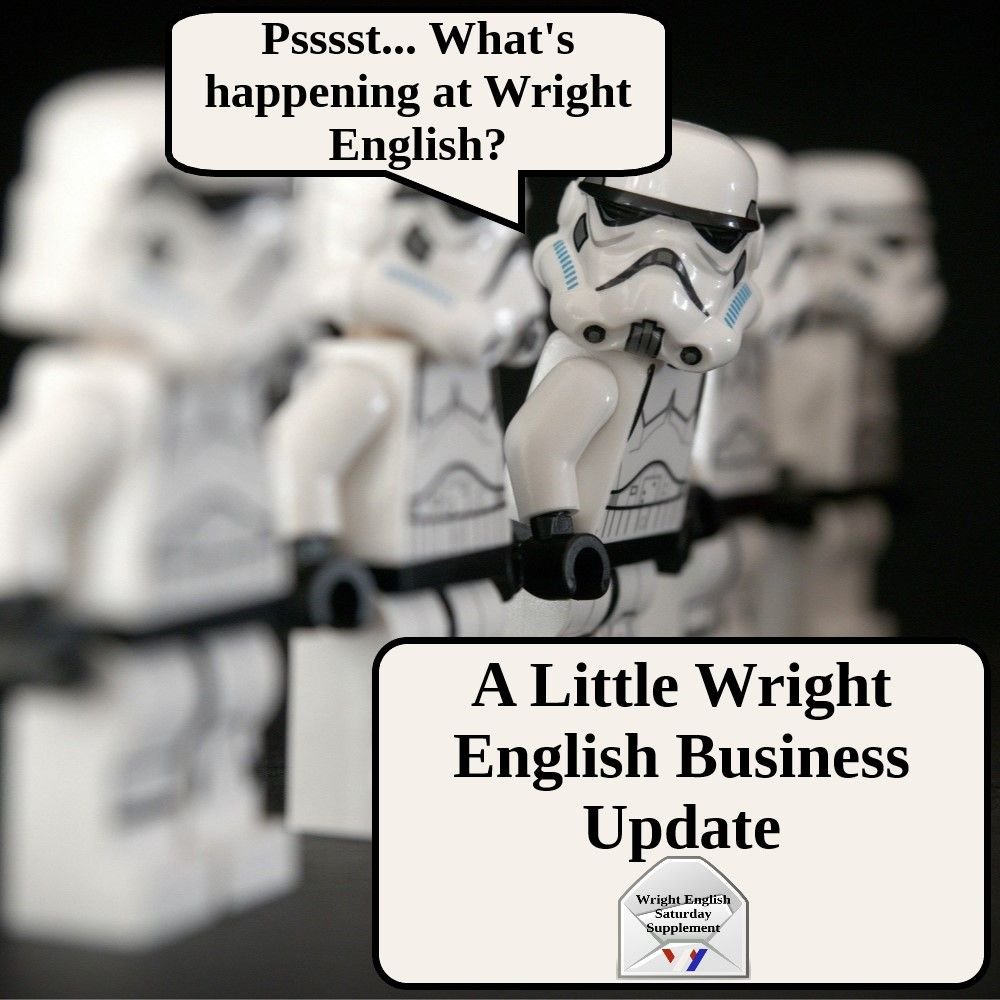
Saturday Supplement: Business Update
Think of Wright English at the moment like a rollercoaster. Because of Covid a few people had to get off the roller coaster. They felt sick and couldn’t afford to keep going around anymore.
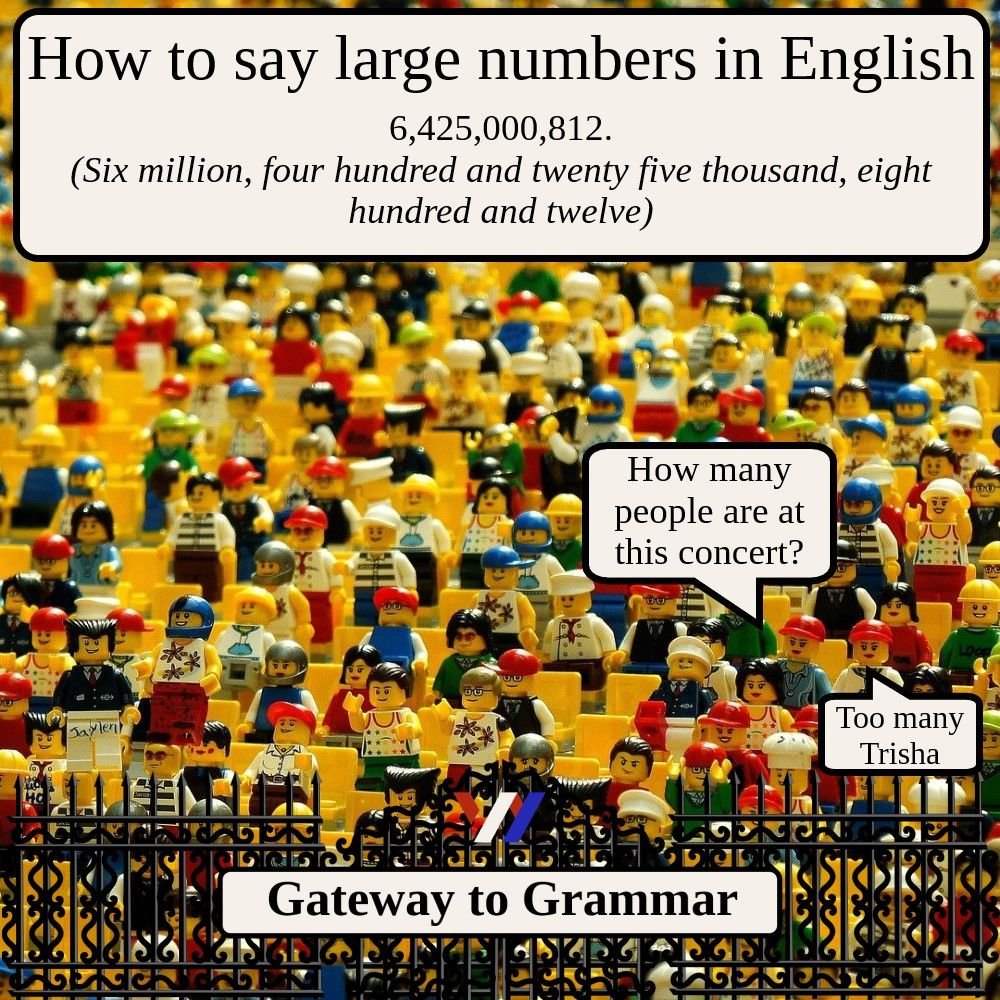
Gateway to Grammar: How to say large numbers in English
When the numbers get higher than a hundred it can get a bit difficult trying to work out how to say them.
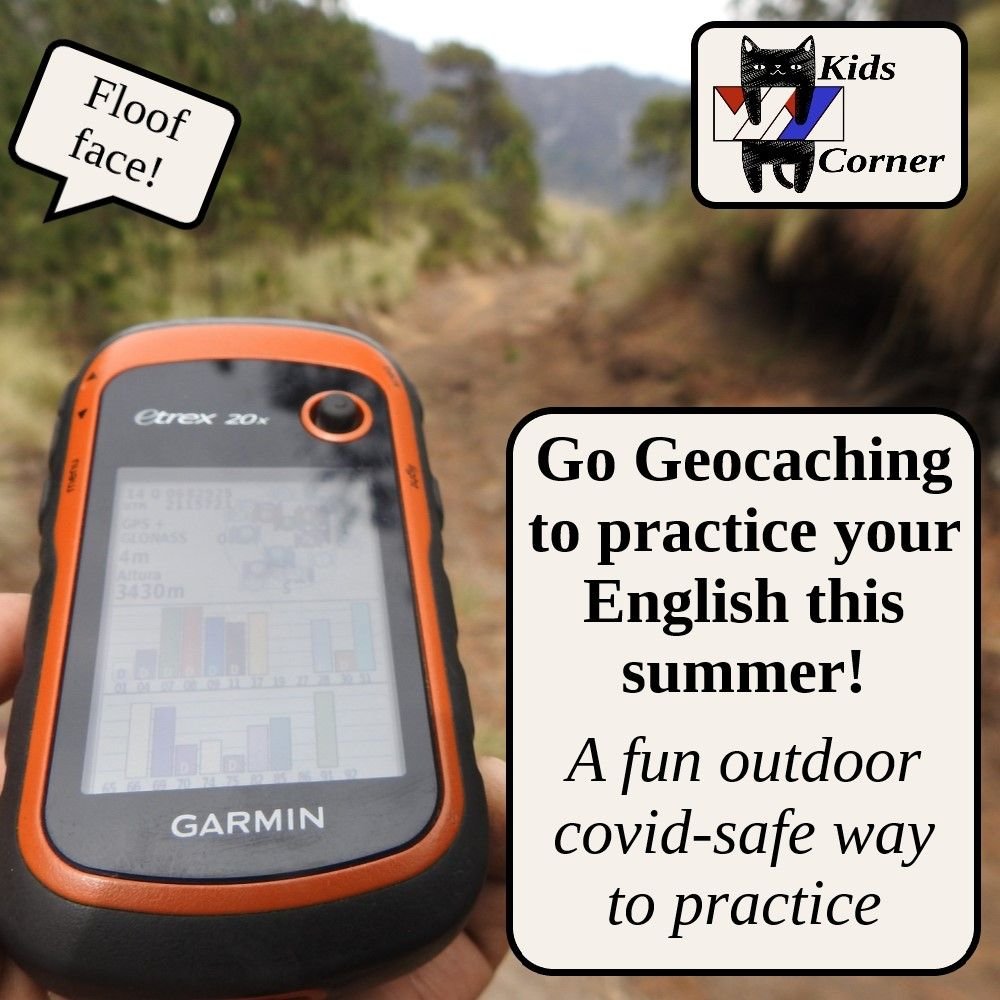
Kids Corner: Practice English Geocaching
Do you want a fun way to enjoy the weather, get some adventure, and practice your English? What about Geocaching?
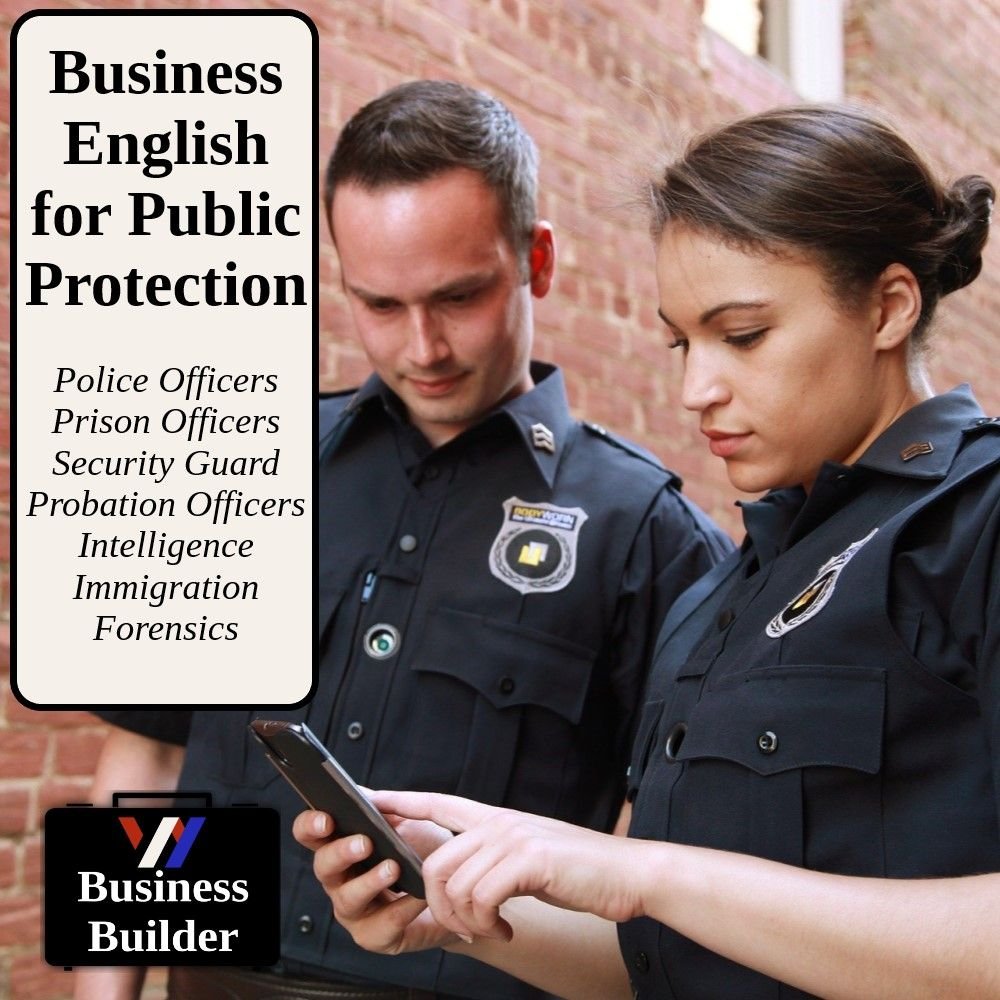
Business Builder: Business English for Public Protection
I am now an English teacher but I have worked in Forensic Psychology, working with police officers, prison officers, security staff, the military, and probation officers.

Saturday Supplement: Website updates coming!
There are some (exciting?) changes coming to the Wright English website. I am easily excited when it comes to Wright English, so I don’t think I am a good person to judge.
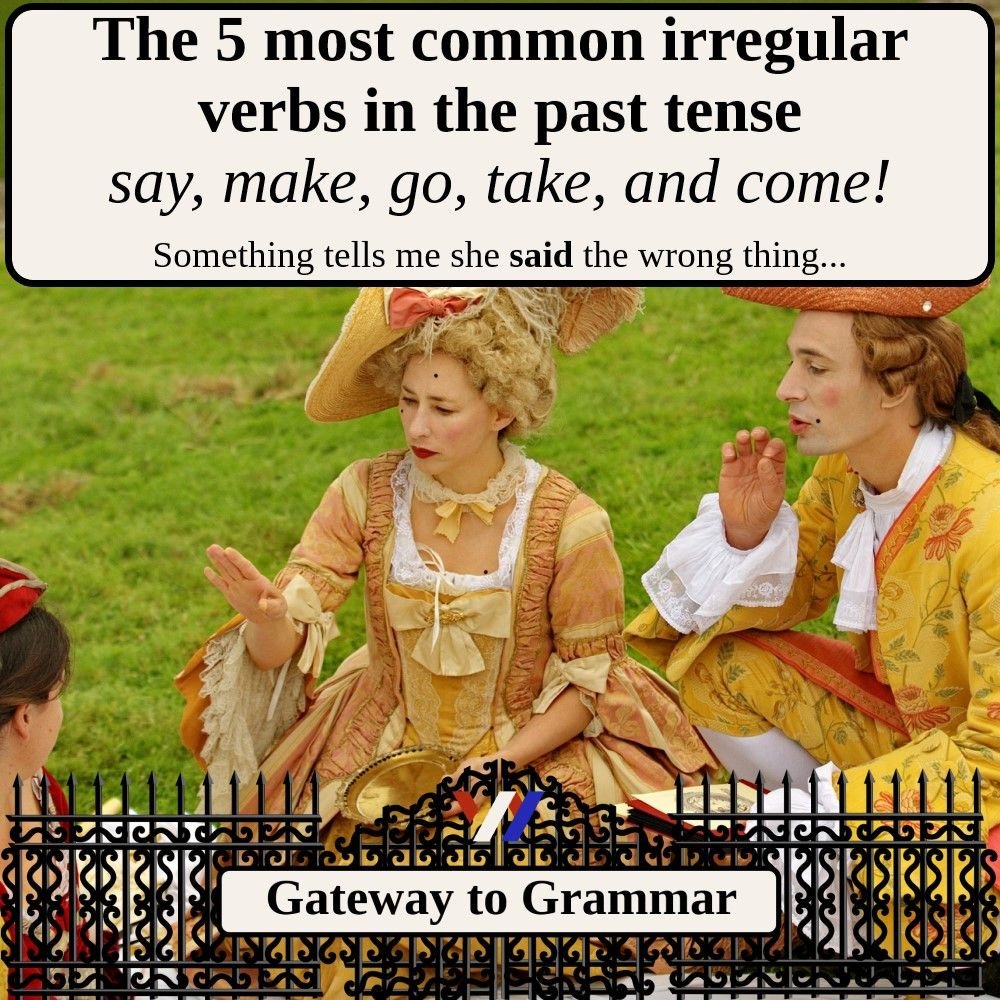
Gateway to Grammar: 5 most common irregular verbs in the past
To help you improve your past tenses I have taken the five most common verbs in English, and we will look at the past forms of these words.

Kids Corner: Madlibs - Fun English games for kids
Madlibs are funny little improvised (not planned) stories where words are missing.

Wednesday Wildcard: Free Guide to Cardinal and Ordinal Numbers
A new free printable guide to how to use cardinal numbers (1, 2, 3...) and ordinal numbers (1st, 2nd, 3rd…) is available at www.wrightenglish.com.
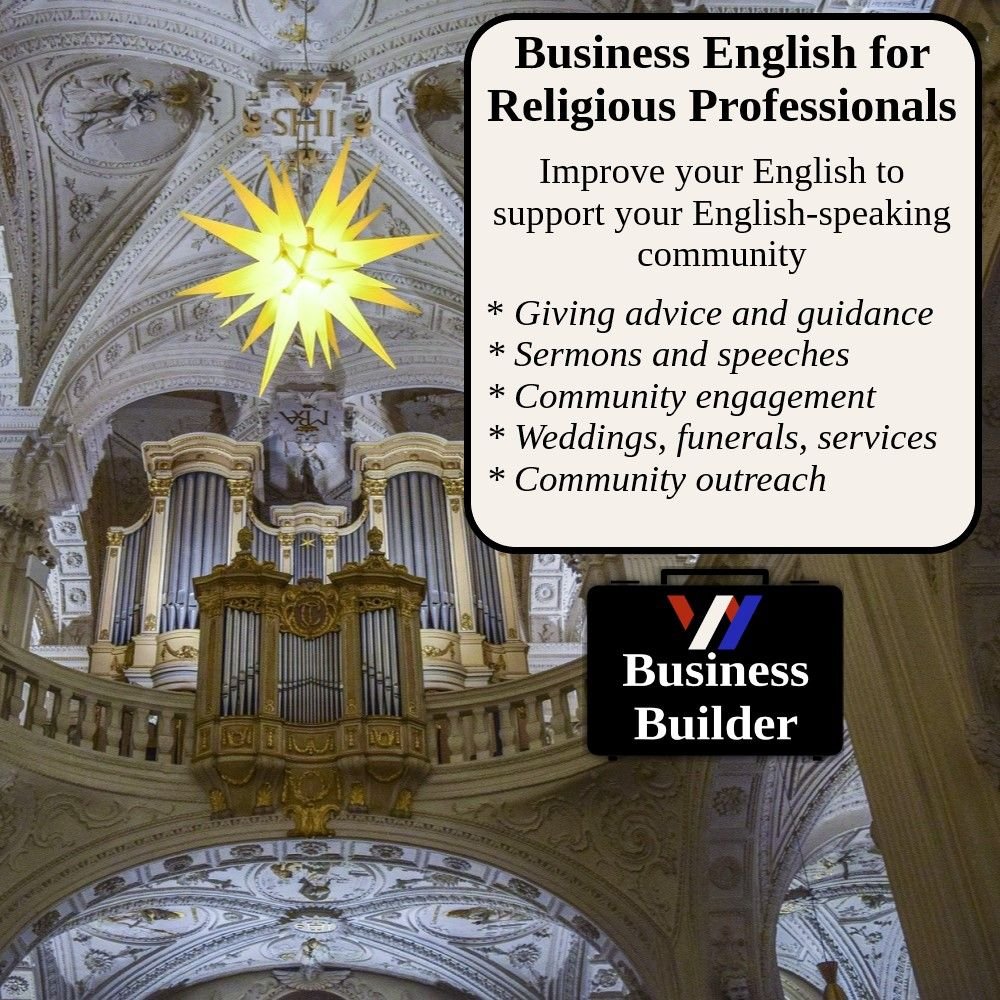
Business Builder: English for Religious Professionals
Improving your English could be a great way to support the people in your religious community who rely on your guidance and support.
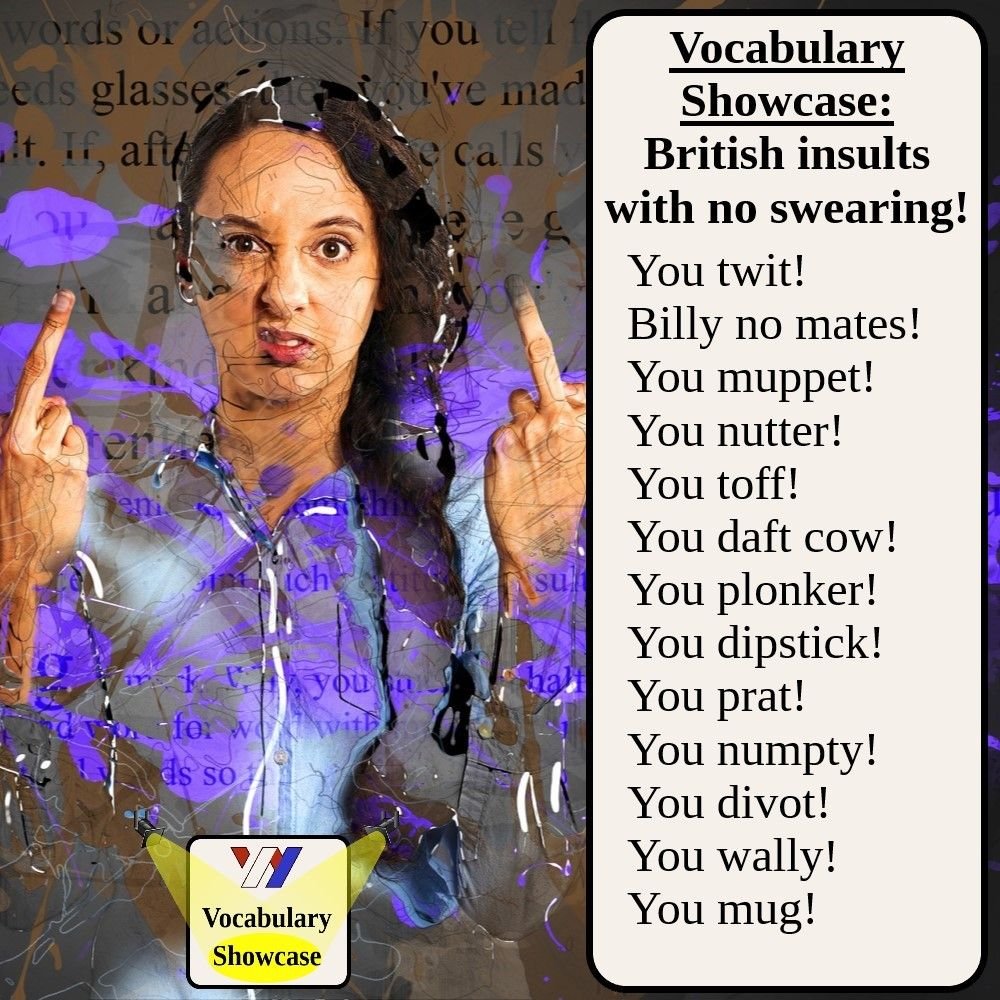
Vocabulary Showcase: British insults without swearing
It is a bit of a British tradition to be gently mean to your friends. It is a strange way of showing you like them!

Sunday Funday: You don’t spellcheck your essays
I swear, if you don’t proofread your homework, I will dress like Austin Powers for our next private English lesson. You have been warned baby!
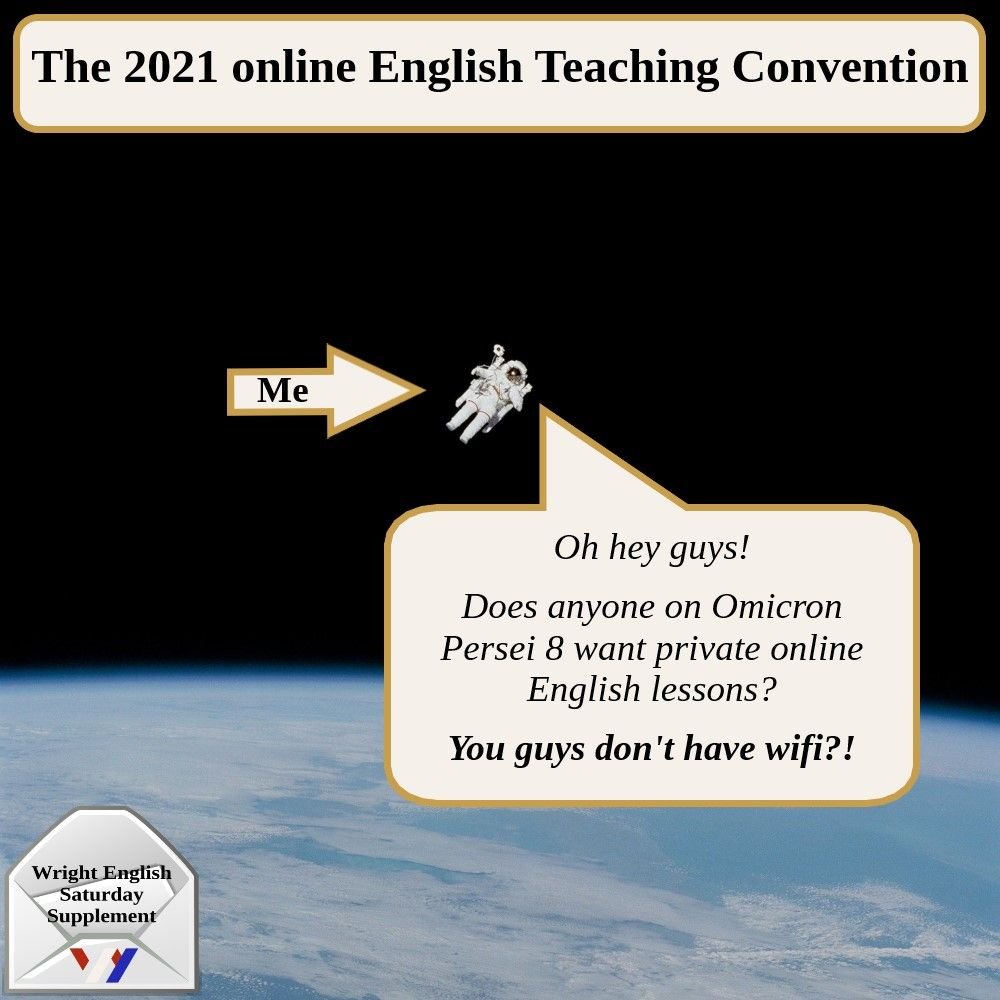
Saturday Supplement: The 2021 English Teaching Convention
This long period of lockdown and money difficulties has affected Wright English quite badly. Some well-meaning friends have encouraged me to give up on Wright English, and look for a job as an employee.
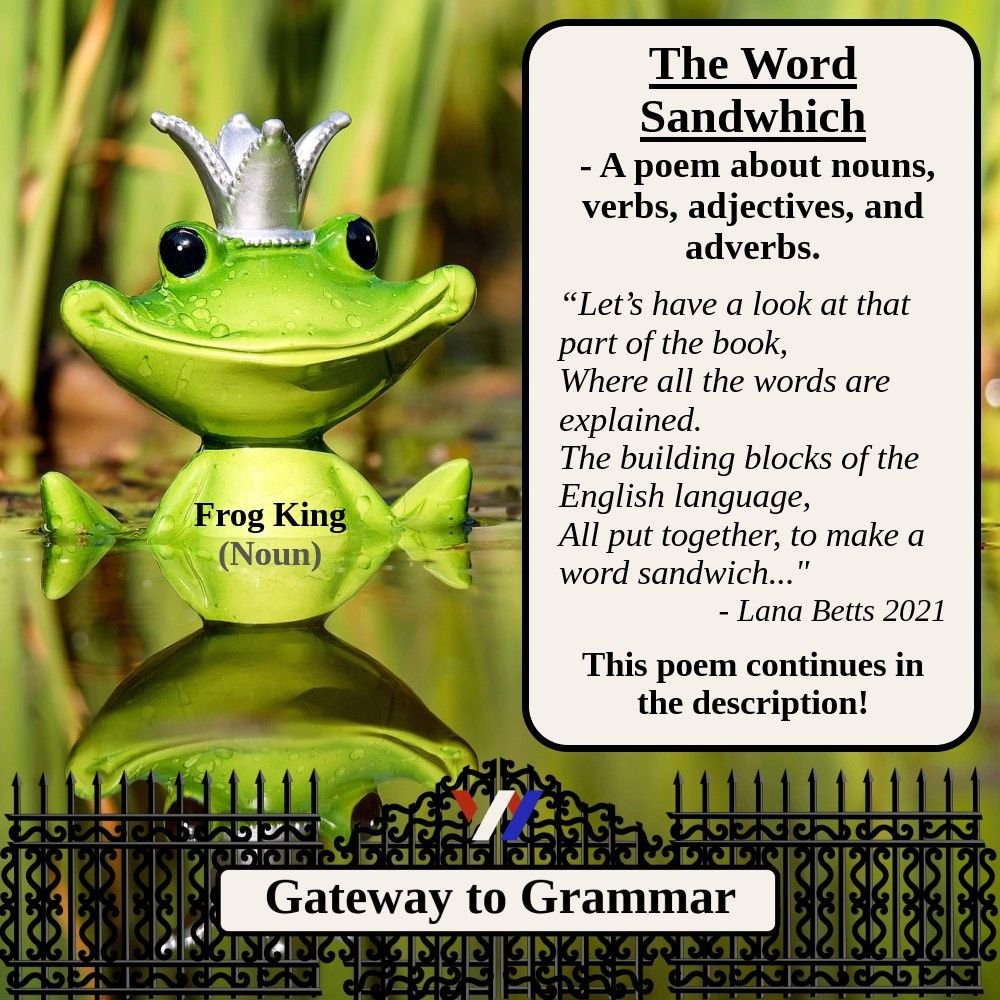
Gateway to Grammar: The Word Sandwhich (nouns, verbs, adjectives, and adverbs)
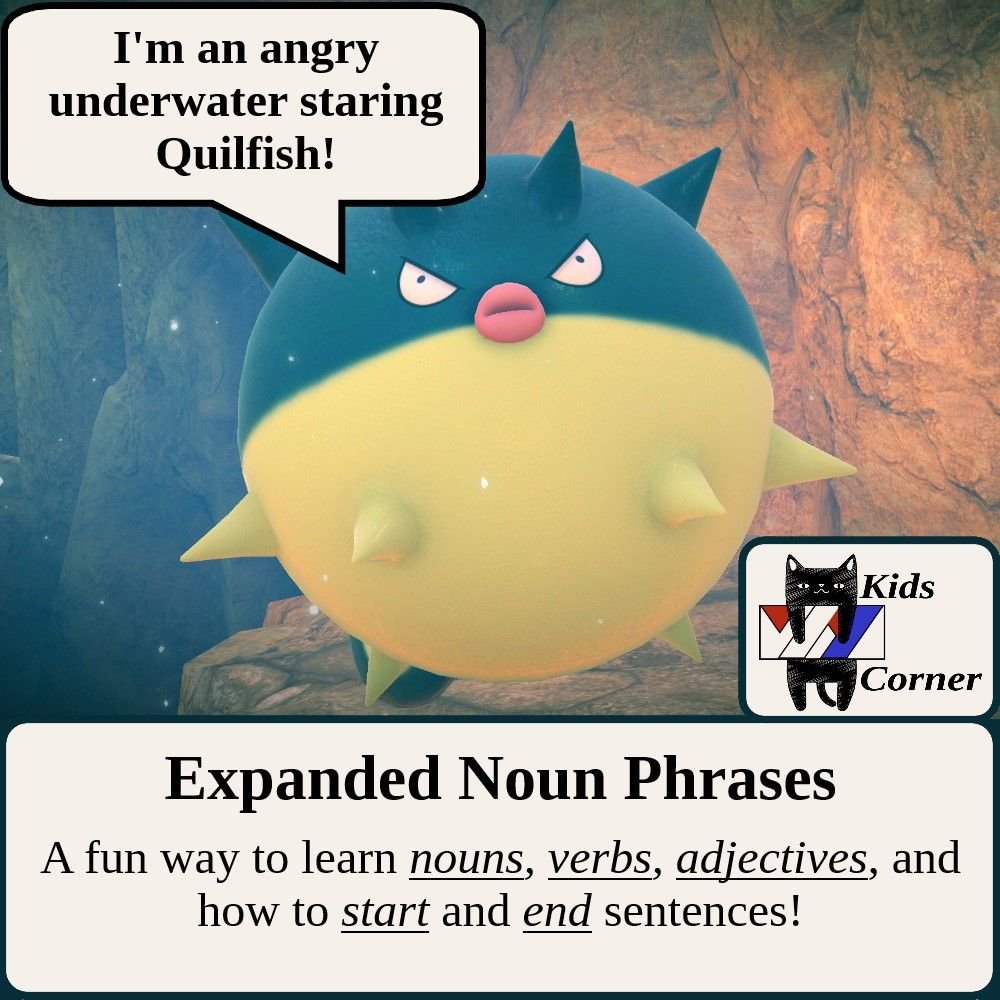
Kids Corner: Expanded Noun Phrases
Expanded Noun Phrases are little sentences that teach you an awful lot (a big amount) about how to make sentences in English.
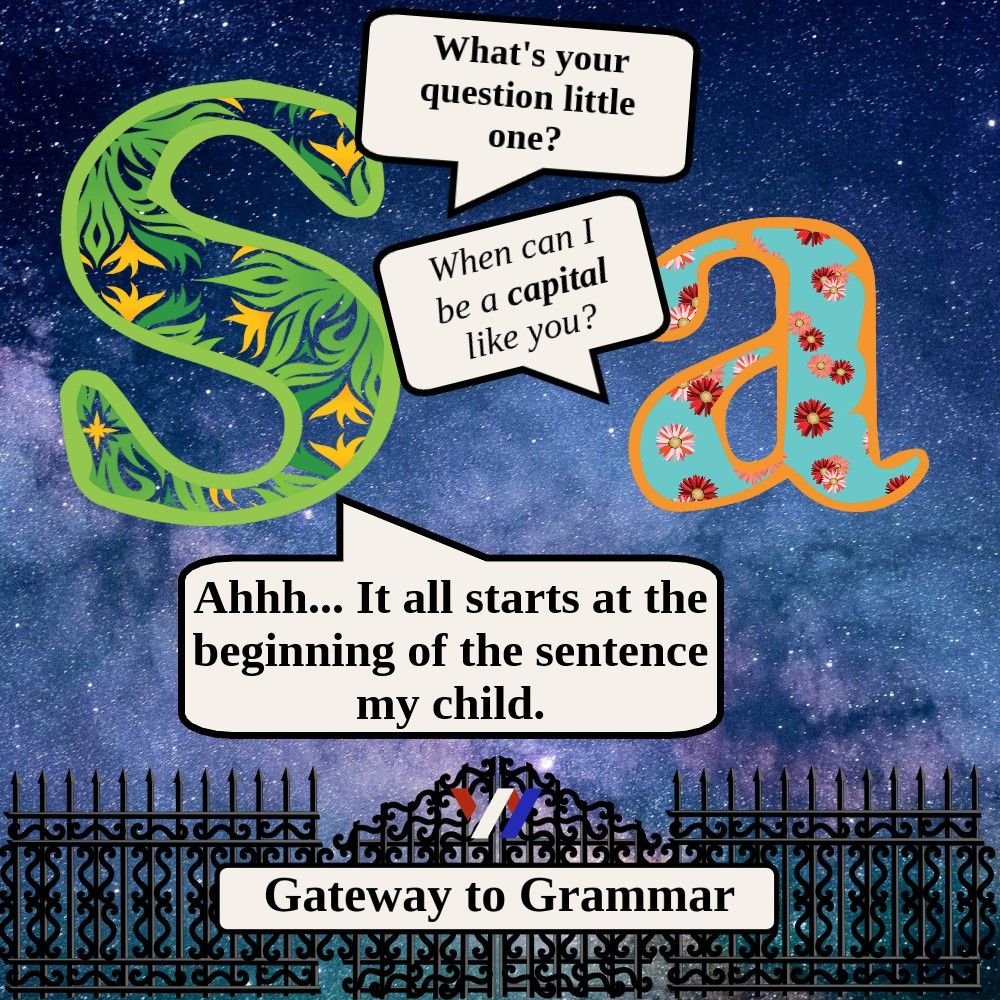
Gateway to Grammar: When to use capital letters in English
In some languages, like German and Russian, the capitalisation (using big letters) is quite complicated. Germans capitalise every noun for example. The good news is it’s a lot easier in English!

Kids Corner: Prepare your kids for the 11+ Grammar School exam.
You know if you have a tiny genius walking around in your house. If your smart kid is still at junior school, you should think about helping your little genius prepare for the 11+ exam.
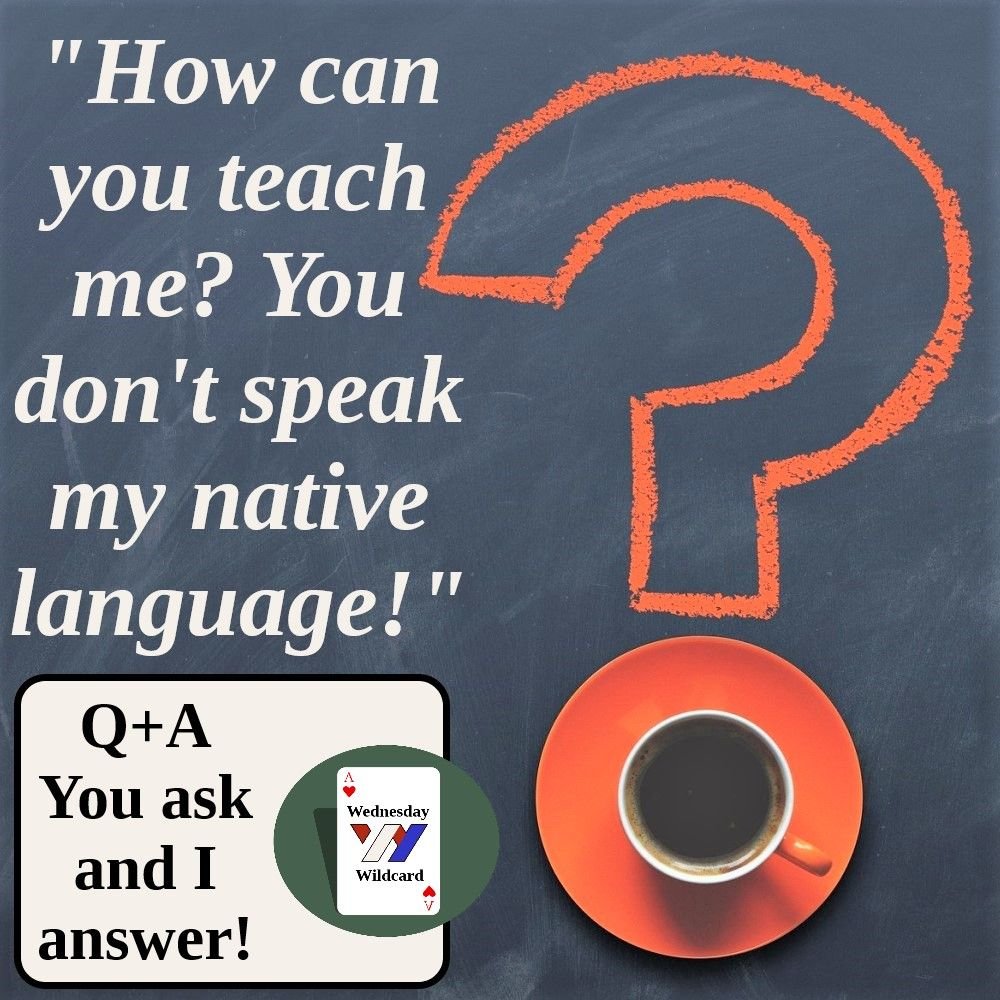
Wednesday Wildcard: How can you teach me English IN English?
Many people ask me, “how can you teach me English if you don’t speak my native language?” Well, I don’t need to speak your language. You can put two people in a room from any 2 countries and they will communicate.

Sunday Funday: British and American English are 2 different languages

Saturday Supplement: Did you know I paint as well as teach English?
Oh yes! What a multi-talented (more than one skill) woman I am. So, if you are interested in art, or even just pictures of really strange animals and foods mixed together, take a look at my Haunted Edgetables Instagram.
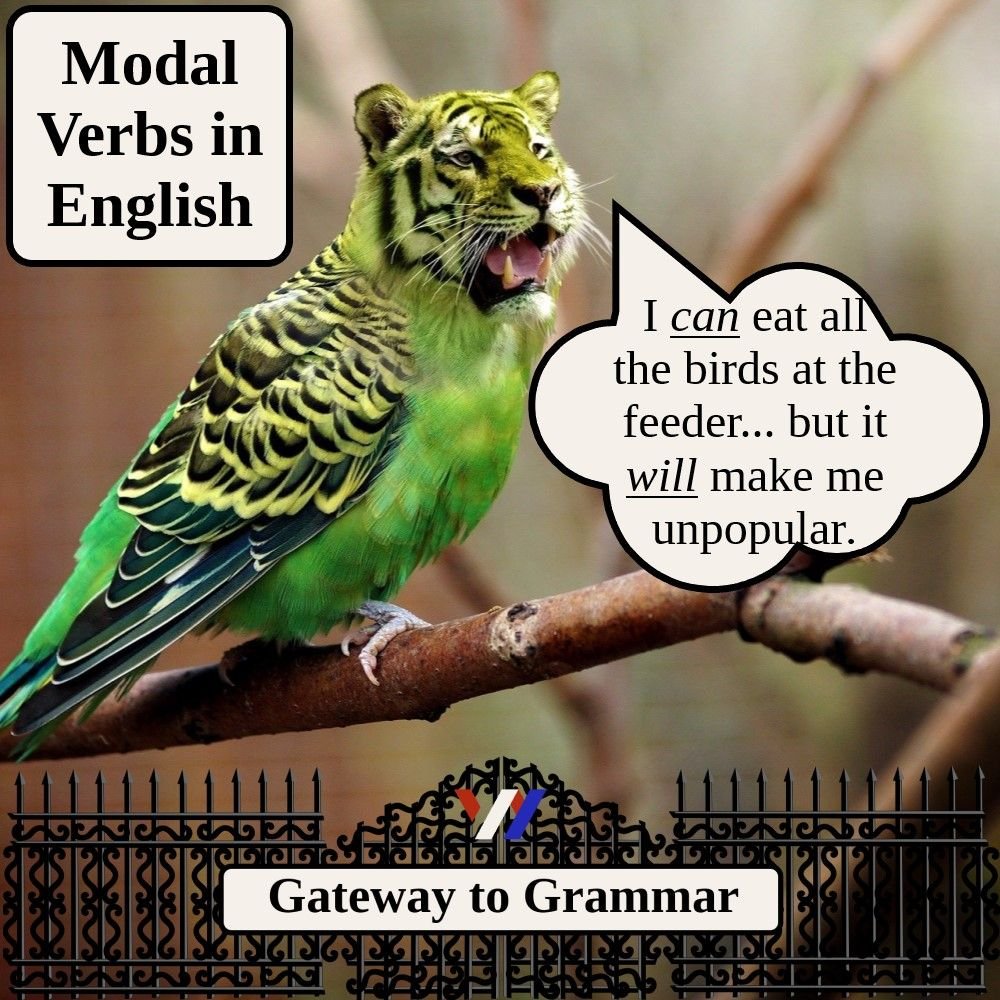
Gateway to Grammar: Using Modal Verbs in English
“what is a modal verb? “ordinary” verbs are “doing words”, they describe actions. Modal verbs describe the ‘mode’ (or meaning) of the normal verbs around them: can, will, need to, must, have to, shall, ought to, and might.
